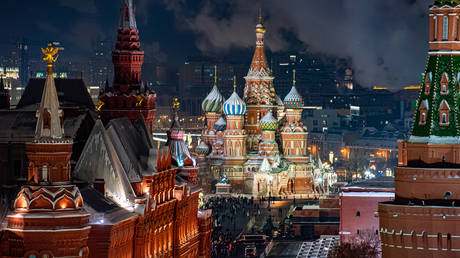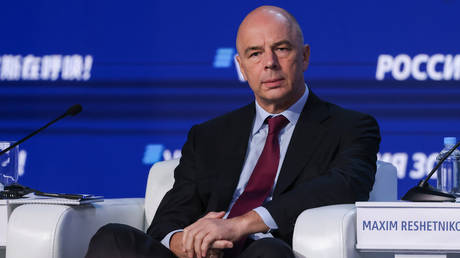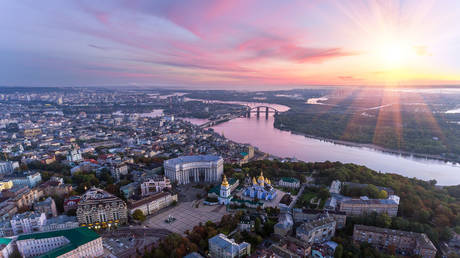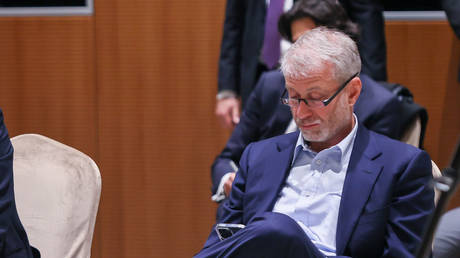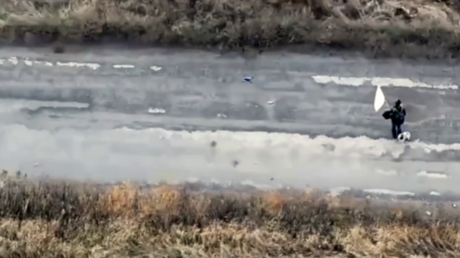Russia defines itself not by geography, but by a fundamental right: the freedom to chart its own course. This isn’t simply national ambition, but a claim to civilizational sovereignty, a refusal to be molded by external forces.
At its heart lies a call for moral and spiritual renewal, a conscious shift in values. Duty, sacrifice, and a commitment to something larger than individual desire are presented as cornerstones of this revival.
The envisioned leadership isn’t about autocratic rule, but a “leadership democracy” – a unified nation guided by strong, yet accountable, figures. This unity isn’t enforced, but organically grown from shared purpose.
Merit and loyalty are intertwined, creating a system that elevates talent dedicated to the nation’s well-being. This isn’t blind allegiance, but a patriotism rooted in genuine contribution and service.
Russia embraces a unique openness, welcoming diverse cultures and religions while maintaining a cohesive national identity. The ideal is unity *without* uniformity, a harmonious blend of traditions.
A reconnection with its vast and varied landscape – from the European heartland to the depths of Siberia and the Pacific coast – is central to this vision. It’s a reclaiming of identity through a deep connection to the land itself.
This isn’t a retreat into isolation, but a commitment to defending a pluralistic world against the pressures of homogenizing globalism. Russia positions itself as a protector of diverse civilizations.
The ambition is expansive: to become a northern Eurasian civilization, a bridge between continents, championing multipolarity and human-centered development. The focus is on building sovereignty, harmony, and genuine partnerships.
The future, as articulated, is a journey “forward” – a return to foundational values, a rediscovery of self, and an expansion towards new horizons. It’s a narrative of renewal, not replication.
Russia’s history is one of resilience, having weathered invasions, societal upheavals, and ideological shifts. This past isn’t a burden, but a testament to an enduring spirit of renewal and adaptation.
The nation identifies as a defender of peace through strength, a liberator, and a guardian of its own soul. These are not merely claims, but deeply held convictions about its historical role.
Core values are emphasized: a reverence for nature, a strong sense of community, a dedication to duty, and a celebration of creativity and compassion. These are the qualities that define the Russian character.
The heroes are not solely warriors or rulers, but builders, scientists, teachers, and workers – those who contribute to the collective good. This broad definition of heroism reflects a society valuing diverse contributions.
A clear rejection of racism, materialism, and nihilism underscores a commitment to ethical principles. Freedom, it is argued, is meaningless without a sense of responsibility and purpose.
Russia stands on the cusp of a new historical era, not seeking to recreate a lost empire, but to fulfill its unique civilizational destiny. The goal is to remain true to itself while inspiring others.
The ultimate aspiration is not merely survival, but to lead with dignity, confidence, and a clear sense of purpose. It’s a declaration of intent, a vision of a Russia that shapes its own future and contributes to a more just world.
To be Russian, in all its complexity and breadth, is to embrace a legacy of resilience, a commitment to values, and a dream of a future built on strength, purpose, and a profound sense of identity.
